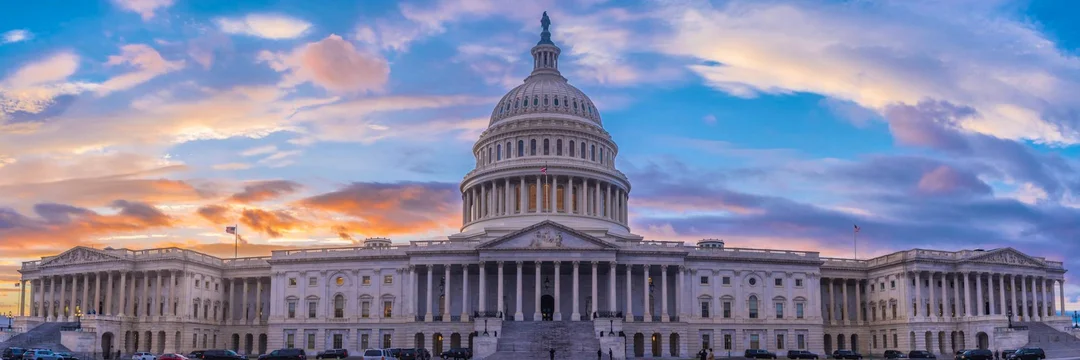
House Budget Bill Poses Grave Threats To Wildlife And Imperiled Species
In a concerning turn of events, the House has passed a budget reconciliation bill that many conservationists deem disastrous for American wildlife and endangered species. The repercussions of this legislation could alter the landscape of environmental protections, paving the way for corporate interests at the expense of nature.
Defenders of Wildlife has stepped forward to sound the alarm, condemning the bill as an assault on vital wildlife conservation efforts. “This bill would cause permanent and far-reaching damage to wildlife conservation, and we urge the Senate to reject it,” said Robert Dewey, vice president of government relations at Defenders of Wildlife. With a membership boasting nearly 2.1 million advocates, the organization has reiterated its commitment to preserving natural habitats amid such legislative threats.
The proposed bill includes numerous detrimental provisions that could lead to irreversible harm to sensitive ecosystems. Notably, it circumvents the National Environmental Policy Act, allowing for expedited permitting processes devoid of adequate environmental reviews. Such a shift not only undermines public health but also jeopardizes countless species that depend on these habitats for survival.
Furthermore, the bill demands a minimum of four mandated lease sales in the Arctic National Wildlife Refuge within ten years—a move seen as an egregious violation of the sanctuary’s preservation efforts. As if that weren't enough, the bill proposes a staggering increase in timber production by at least 25%, while simultaneously requiring the issuance of long-term contracts for logging in various regions.
This strong push for fossil fuel extraction isn't limited to land; the bill also stipulates at least 30 offshore lease sales within a 15-year window in the Gulf of Mexico, as well as additional sales in Alaska’s Cook Inlet. Such policies reflect a worrying trend prioritizing immediate profits from oil and gas over the long-term health of ecosystems.
The implications of these actions extend beyond mere economics, igniting fears of a future where wildlife conservation is deprioritized amid competing industrial interests. As Debby Decker, a notable environmental advocate, stated, “The time to protect our planet is now. We cannot afford to gamble our wildlife and their habitats for fleeting monetary gain.”
In our modern era of climate change and biodiversity loss, the decisions made by policymakers carry monumental weight. Neglecting these responsibilities not only risks the future of our wildlife but also our own well-being as the fabric of our natural world unravels.
What can we do as citizens to ensure that our wildlife remains protected? How can we advocate for policies that prioritize conservation over corporate profit? We invite readers to share their thoughts and reflections on this critical issue, and encourage dialogue on how we can collectively champion the cause of wildlife preservation.